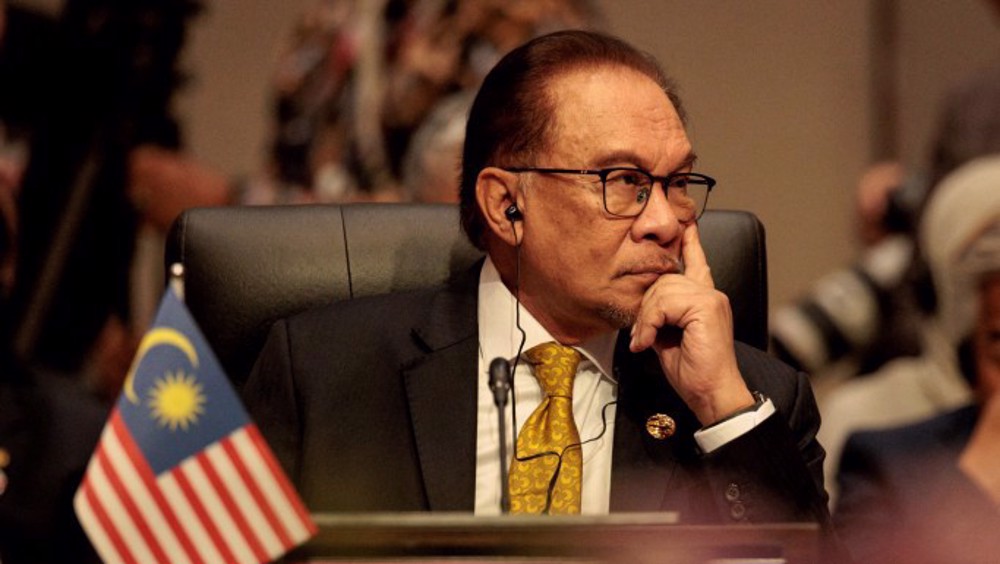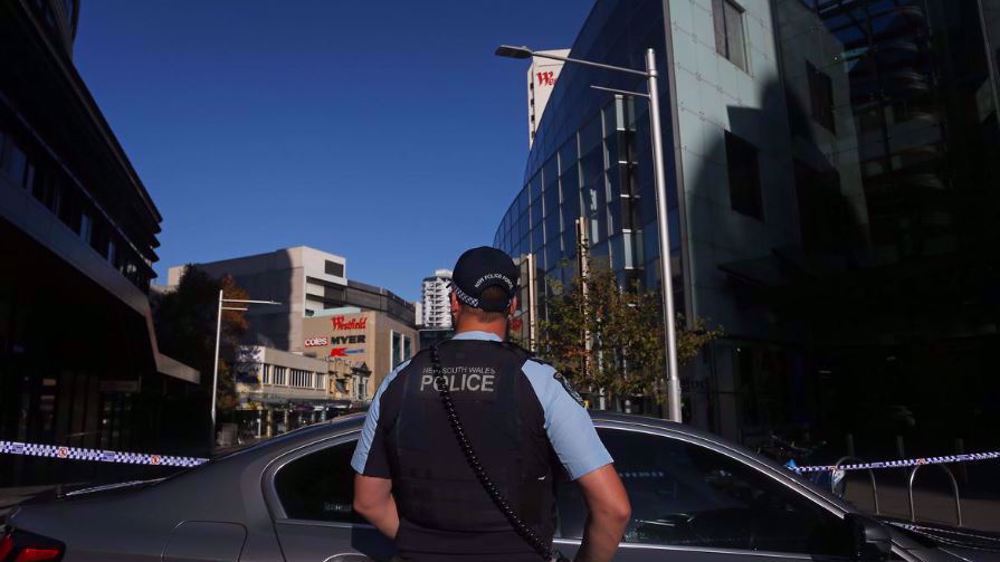China, Japan agree on security hotline over disputed islands
Japan and China have agreed to set up a security hotline aimed at preventing military clashes stemming from their territorial row over East China Sea islands.
Chinese Premier Li Keqiang and Japanese Prime Minister Shinzo Abe in Tokyo on Wednesday signed a pact to launch the hotline for senior defense officials to communicate during incidents involving each others’ naval vessels or military aircraft.
The hotline will take effect on June 8.
The pact also provides for regular meetings between both nations’ defense officials and a mechanism for their naval vessels to communicate at sea to avert maritime incidents.
A Japanese government official earlier said that China had also resisted Japan’s insistence that the agreement should not cover the territorial waters surrounding the Senkaku islands, which China calls Diaoyu.
The hotline, known as the Code for Unexpected Encounters at Sea (CUES), is the latest result of a push to improve ties between the two countries.
Beijing is locked in a territorial row with Tokyo on the uninhabited yet strategically-important island group in the East China Sea. Ties between the two sides deteriorated after Tokyo nationalized part of the resource-rich islands in 2012.
China maintains that it has indisputable sovereignty over them. The Japanese government, instead, regards them as a part of its territory.

The Wednesday’s bilateral accord came after the two leaders and South Korean President Moon Jae-in held the first trilateral meeting between the countries since 2015.
In a separate development, the Japanese premier also accepted Li’s invitation to visit China at a “mutually convenient time” in what would be his first official visit to China since he took office in December 2012.
Both countries are also setting up a new dialog surrounding public-private partnership on third-country infrastructure projects, including those on the Belt and Road Initiative.
The Initiative is a development strategy proposed by the Chinese government that focuses on connectivity and cooperation between Eurasian countries
Moon and Abe agreed to work together to figure out the necessary steps for North Korea to give up its nuclear weapons.
They welcomed North Korea’s recent announcement that it would close a nuclear test site and agreed that it must lead to further efforts to achieve full denuclearization of the Korean Peninsula.
Back in January, North Korean leader Kim Jong-un expressed sudden interest in dialog with the South. Soon afterwards, diplomats from the two countries were meeting to prepare for North Korean participation in Winter Olympics due in the South, which were also attended by Kim’s sister and North Korea’s ceremonial head of state in a sign of diplomatic thaw.
North Korean leader Kim Jong-un and Moon held their historic summit at the border village of Panmunjom in the Demilitarized Zone.
Israeli airstrike kills at least 7 people in Rafah
VIDEO | Iranians hold nationwide demos in support of IRGC
Syria condemns US veto of Palestine UN membership resolution
Iraqi resistance forces hit Israeli Ovda air base
Hackers break into Israeli military’s computers, access trove of documents
Tulkarm Brigade commander killed by Israeli forces in raid on refugee camp
Zionist media desperately trying to turn Israeli defeat into victory: Iran
VIDEO | Press TV's news headlines










 This makes it easy to access the Press TV website
This makes it easy to access the Press TV website